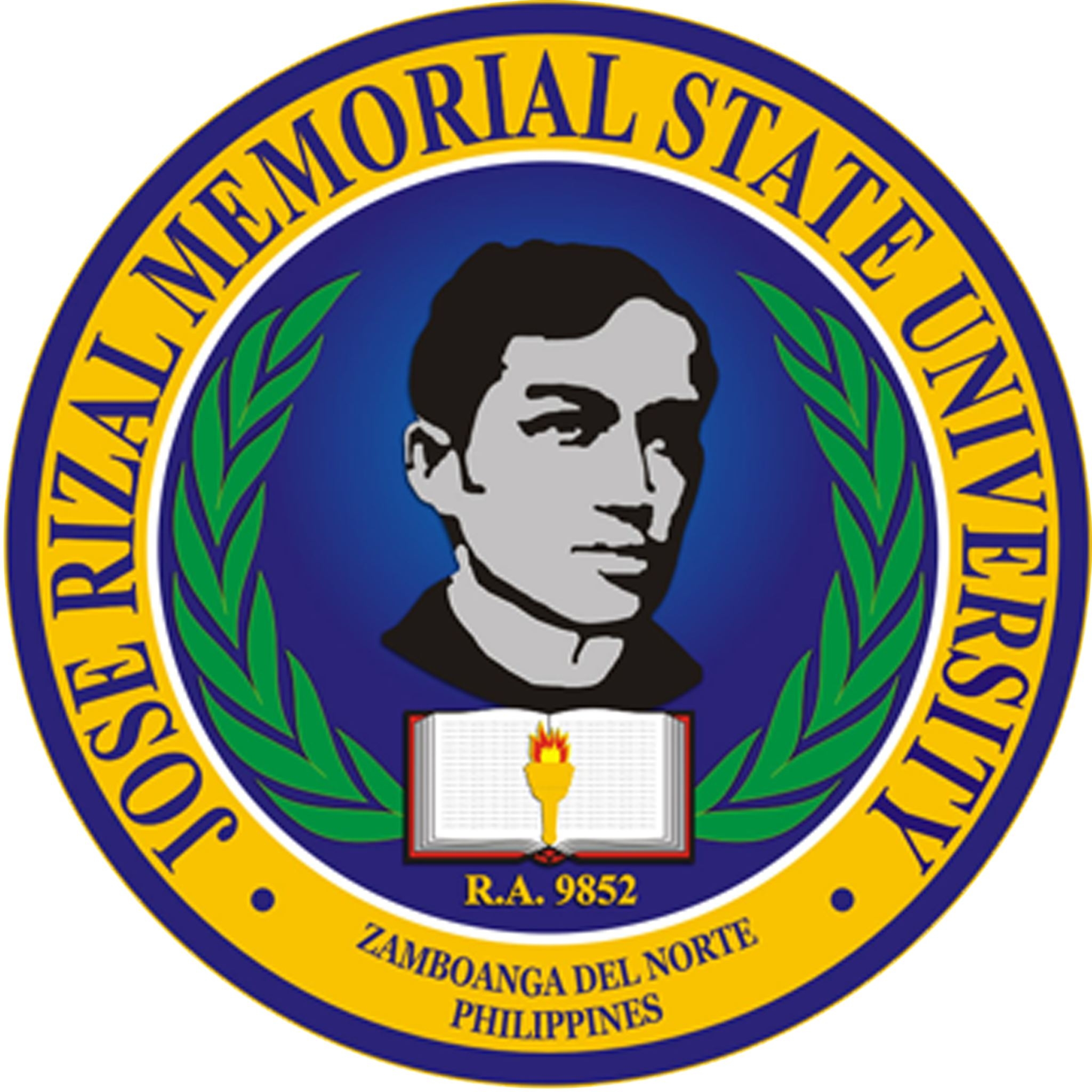EVALUATING THE GAWAD KALINGA SIBOL SCHOOL EXTENSION PROJECT: BRIDGING EARLY CHILDHOOD EDUCATION GAPS IN MARGINALIZED COMMUNITIES
Keywords:
Early childhood education, Gawad Kalinga, 5Rs curriculum, educational access, marginalized communities, SDG 4Abstract
The Gawad Kalinga Sibol School Extension Project, implemented by Jose Rizal Memorial State University-Dipolog Campus, provides quality early childhood education (ECE) to underserved preschoolers in Sicayab Bucana, Dapitan City. This study evaluates the project’s performance and impact over 12 years (2012–2024), focusing on promotion and retention rates, parental evaluations, and alignment with national and international educational goals. The descriptive evaluative design incorporated demographic analysis, performance metrics, and structured parental feedback. Data from 366 preschoolers revealed a promotion rate of 78.42% and retention rate of 21.58%, with parental evaluations consistently rating the project as highly effective (4.69 out of 5). The curriculum, centered on the 5Rs—Reading, wRiting, aRithmetic, aRts, and Respect along with movements, and basic science—fostered significant improvements in literacy, numeracy, social skills, and basic scientific knowledge. Challenges, such as infrastructure limitations and retention rates linked to developmental readiness, were identified, offering insights for improvement. The study concludes that the project aligns with Republic Act No. 10410 and SDG 4, bridging gaps in ECE access and quality for marginalized communities. Recommendations include targeted learner interventions, infrastructure enhancements, and curriculum improvements to sustain and scale the program’s impact.





